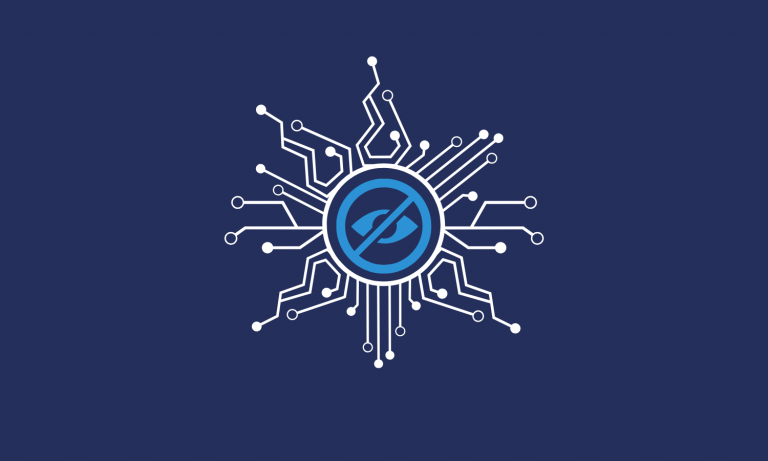5 technologies for Data security
 Upadrasta Harsha
Upadrasta Harsha
Data security is an increasingly important issue in our technology-driven world. With the rise of cloud computing, the Internet of Things (IoT), and big data, the amount of sensitive information being stored and shared online has skyrocketed. This has created new opportunities for cybercriminals to access, steal, or manipulate this data, which can result in significant financial losses and damage to reputation.
To mitigate these risks, organizations are turning to new technologies to make their data more secure. Here are some of the most innovative and effective technologies that are helping to make data more secure:
Blockchain Technology: Blockchain is a distributed ledger technology that creates a secure and transparent record of transactions. This technology has been widely adopted in the financial services industry, but it is also being used in other industries, such as healthcare, to secure and manage sensitive data. The decentralization of the ledger makes it difficult for cybercriminals to manipulate the data and eliminates the risk of a single point of failure.
Artificial Intelligence (AI) and Machine Learning (ML): AI and ML are being used to detect and respond to security threats in real time. For example, AI-powered systems can analyze network traffic patterns to identify unusual activity and alert security teams to potential attacks. ML algorithms can also be trained to detect and classify different types of threats, such as malware or phishing scams, to help organizations stay ahead of cybercriminals.
End-to-End Encryption: End-to-end encryption is a security method that encrypts data from the source to the destination. This means that even if the data is intercepted by a third party, it will be unreadable. This technology is being used by messaging apps and email providers to secure communications and prevent sensitive information from being intercepted.
Multi-Factor Authentication (MFA): MFA is a security process that requires users to provide multiple forms of authentication to access their accounts. This can include a password, a fingerprint, or a security token. MFA adds an extra layer of security to accounts, making it more difficult for cybercriminals to access sensitive information.
Quantum Key Distribution (QKD): QKD is a new technology that uses quantum mechanics to encrypt data. It is designed to be unbreakable and provides a secure means of transmitting sensitive information. This technology is still in its early stages of development, but it has the potential to revolutionize data security in the future.
In conclusion, these new technologies are helping organizations to make their data more secure in the face of increasing cyber threats. By using these technologies, organizations can ensure that their sensitive information is protected and that they remain one step ahead of cyber criminals.
Subscribe to my newsletter
Read articles from Upadrasta Harsha directly inside your inbox. Subscribe to the newsletter, and don't miss out.
Written by

Upadrasta Harsha
Upadrasta Harsha
Hi I am Harsha vardhan upadrasta, a 21 year old Web developer, ui/ux designer, and a bug hunter living in Draksharama, India. I am a Computer Science Engineer, currently working with awesome folks at _VOIS.